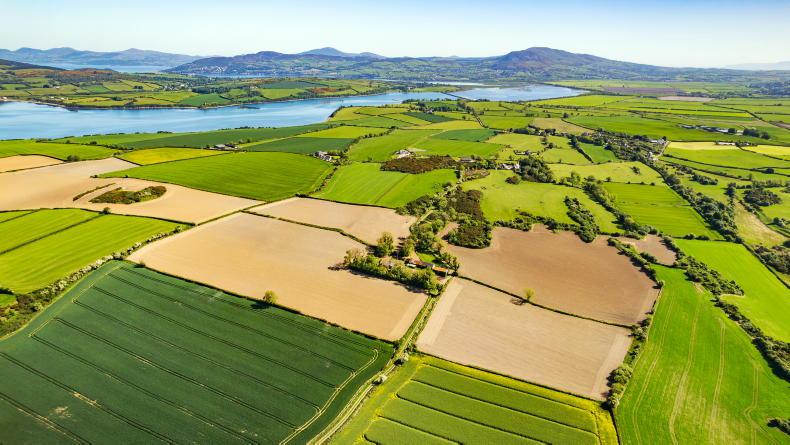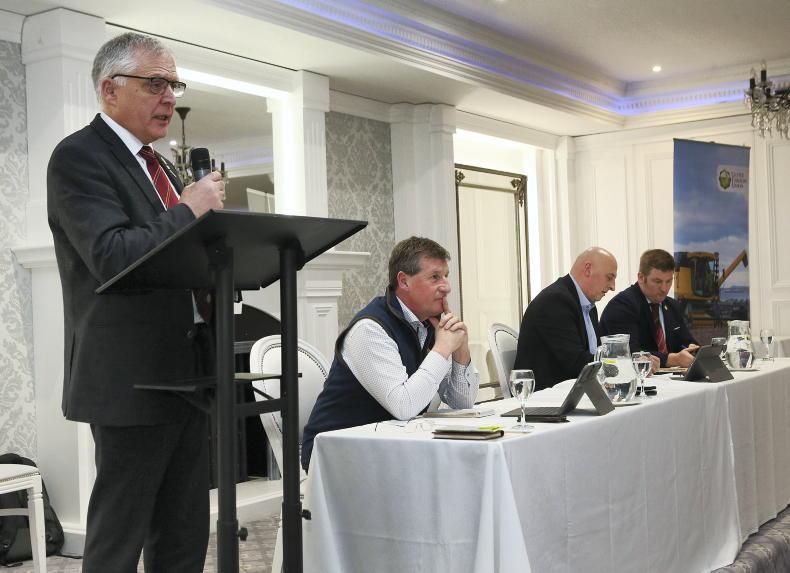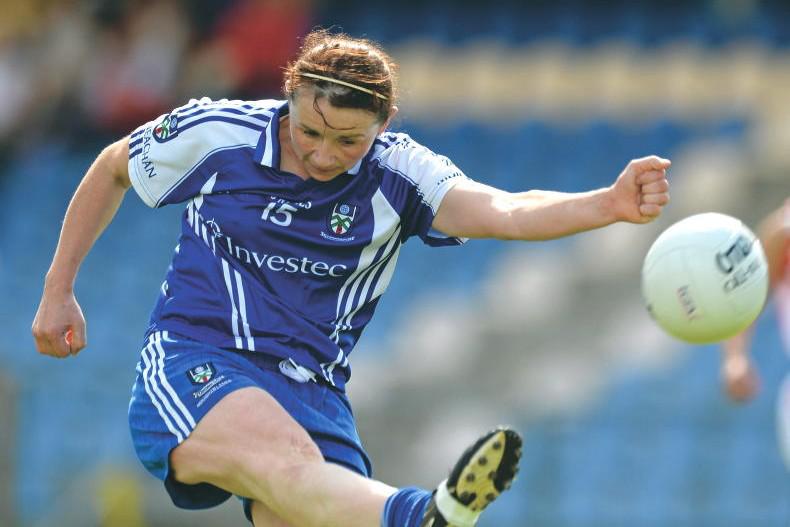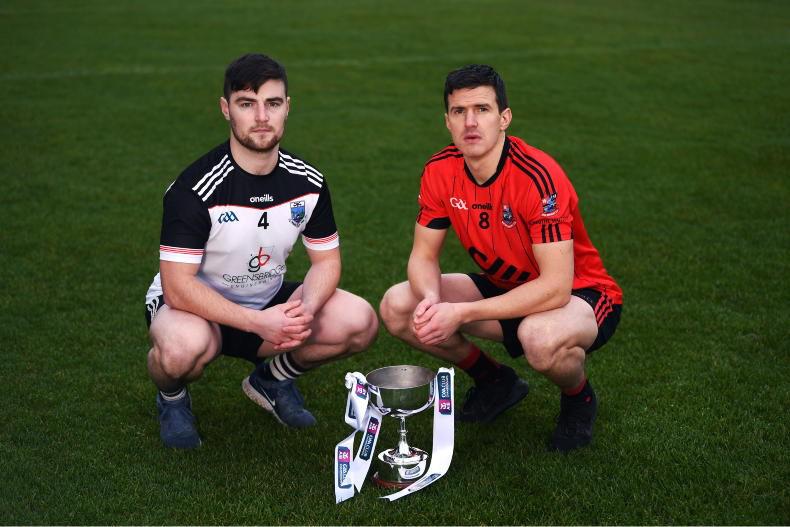Get out of the f**king car. We know all about you. We know all about Francis Brolly. We have your f**cking number.”
There is nothing easy about listening to Joe Brolly recount incidents between his family and British soldiers. This memory, of his mother being taunted about her imprisoned husband by British soldiers on her way to work, was one such example.
Born into the republican hotbed of Dungiven in 1969, Joe had, as he says himself, “a troubled childhood”. As religious hatred spread through the North, terms such as the Troubles and internment became symbols of the oppression. For the people who lived there, it was the harsh reality of everyday life.
“Civil rights were just kicking off so whenever I was at an age when I could recall, my family would have been heavily involved in the Troubles,” Brolly explains.
Childhood and the IRA
“My father was interned for three and a half years and the house was repeatedly searched. We would have been turfed out of our beds. My uncle Eunan would have been one of the dirty protesters. Dungiven would have been seen as a hotbed of Republicanism. As the parish priest once famously said: ‘People in Dungiven are only interested in two things: the GAA and the IRA.’
“I mean, I had a difficult childhood. My father was in prison for long stretches without charge. There would have been a lot of violence around the town and we would have been a haven for the lads coming in from Derry city to get some sanctuary. It was pitched battle [in Derry].
“Then of course we had the hungers strikers. We had two from Dungiven. After Kevin Lynch died on hunger strike, it just sent the town crazy. It sent us crazy. You could imagine what the feeling was like in Dungiven after that. It was just warfare really.”
It was only after his kidney donation back in 2012 that the Derry native revisited many of the harsh realities of yesteryear.
“I have seen some things that weren’t great and haven’t really affected me until later in life. After the transplant, all the things I had sealed away came back to haunt me. Because I was a good footballer and became well known very quickly, [it] meant I was able to cruise along, but after the transplant that all changed. It opened me up and laid me bare. There are things that I could never reveal until some people are dead. It was a bad time.”
As he says himself, the transition from war to peace came extraordinarily fast in the North. Joe Brolly’s transition from footballer to outspoken pundit was similarly swift.
The GAA Man
Whether he is loved or loathed, Joe is rarely ignored when it comes to GAA. Today, the barrister is as divisive a character in the GAA as he is an articulate and intelligent commentator. A testimony to the outspoken sporting intellect must be the various cultural references he has pioneered.
“Sean Cavanagh is not a man.” Or how about: “Well, Joe Brolly, what do you think of that?”
Words like “superbug” and “futile” were rarely ever heard in GAA circles before Joe’s northern twang put them in the public spotlight. But he makes no apologies about his comments, certainly when it comes to professionalism in the game.
“It is supposed to be voluntary and I believe that is what it is. This is supposed to be a force for social good and care for your neighbours, not some sort of commercialism or capitalism. That is what is happening. The game is semi-professional now. The GAA hierarchy has only fostered capitalism and commercialism.
“For example, we have a private company representing Gaelic footballers [The GPA] receiving €6.5m a year from GAA coffers with no accountability.
“I mean, I deeply dislike the GPA. The GAA shouldn’t exist to create a livelihood for footballers,” he says.
It must be fair to say that he is under no illusions about the heated discussion he creates. The 1993 All-Ireland winner believes you “have to throw the ball in there and start the debate rolling”.
“My father used to say I would always say the things that people would think but never say. I have brilliant emotional intelligence. I can feel what is out there with the people and I am able to pinpoint it. Also don’t forget, you have only 30 seconds on television to get the point across,” says the father of five.
“I mean, you always have the scandal when you walk into a wake or a funeral. People say: ‘Oh, he’s here’ and I’d be thinking: ‘Oh for f**k’s sake, I am in for it now.’ Also, running into Kieran McGeeney is an absolute disaster. He is so powerful and he glares down at you. More than once Kieran has given me a long mouthful. If you think I can rant, you should hear Kieran ranting,” he says.
Joe Brolly’s public existence is something he has embraced and is comfortable with.
“In a way my public life would be a lot more successful than my private life. I am at ease in my public life, I can handle that no problem. I make a point of walking to Croke Park and parking a mile away on big match days. It takes me an hour and a half to get there because I am swarmed by people and I enjoy all that. I enjoy being part of the discussion.”
A question this football fan has always wanted to ask Joe Brolly is about his legacy. What does he want to be remembered as? A footballer? A barrister? A pundit? A social and sporting commentator? His answer couldn’t be any more Brolly.
“I couldn’t give a s**te.”









SHARING OPTIONS